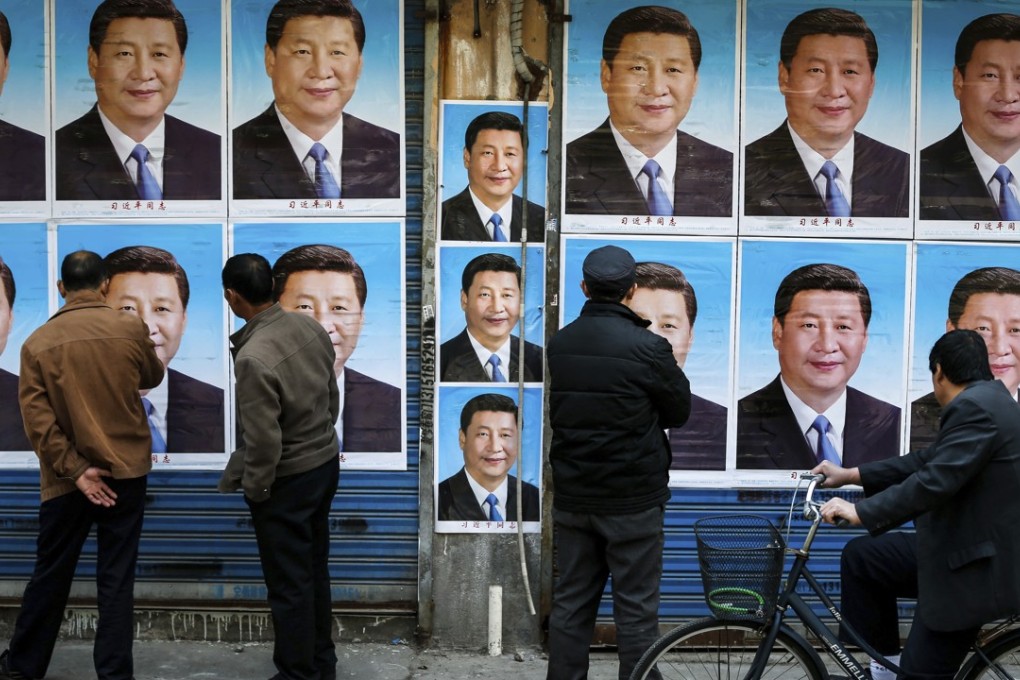Advertisement
How Beijing’s propaganda dents China’s image, rather than burnishes it
Chauncey Jung says the inconsistencies in messaging confuse others about China’s intent, while the strict censorship and jingoistic tone invite questions about the government’s credibility, both at home and abroad
Reading Time:4 minutes
Why you can trust SCMP

Anyone who follows Chinese state media coverage can see that Chinese propaganda is inconsistent. From the changing strategy on President Xi Jinping’s image to its stance on patriotic films, Chinese propaganda does not follow a consistent guideline. Chinese officials seemingly decide in an arbitrary and random fashion how the nation is presented, both to a domestic audience and to the outside world.
The Chinese government’s public communication appears aimed only at meeting short-term goals. But contradictions arise without a coherent strategy. There have been occasions when Chinese propaganda has adversely affected the country’s image, or triggered reactions that were opposite to what the regime intended.
Without a clear, modern and consistent strategy, Chinese propaganda will only hurt the nation’s image.
Advertisement
Take for example the propaganda effort surrounding Xi. In his earlier public appearances, the Chinese president was portrayed as an amicable leader whom the people could easily relate to. In 2013, he showed up at a Beijing steamed bun shop to order food alongside ordinary Chinese. In 2014, Chinese propaganda officials created the term “Uncle Xi” (Xi Dada) and “Auntie Peng”, for first lady Peng Liyuan. In these early years, propaganda officials set the tone for Xi’s persona as a caring leader who is close to the people.
Watch: The ‘Xi Jingping Combo’
Advertisement
Select Voice
Select Speed
1.00x